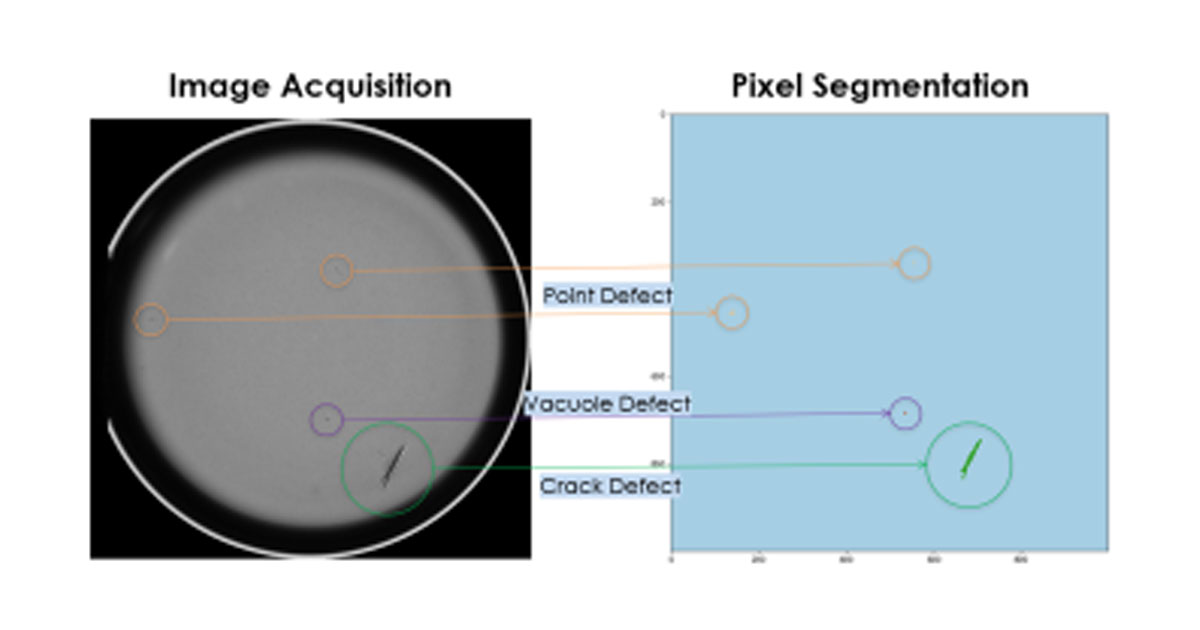Name: Machine Learning for Real Time Magnetic Fusion Plasma Control
Magnetically confined fusion devices are characterized by a number of instabilities that must be avoided in order to prevent disrupted operation. A key challenge in avoiding such disruptive events is that the underlying physics may be insufficiently understood, making early detection difficult via conventional simulation-based methods. Or, in a case where the physics is well understood, a physical model may be computationally intractable during closed-loop control cycles, which are typically less than one millisecond. We have deployed multiple machine learning models in the DIII-D plasma control system that help bridge these gaps in both physics understanding and computational capability. In one case, a neural network model that quantifies the tendency of the plasma to move vertically was run in closed loop with the plasma control system, allowing the controller to steer the plasma away from a type of disruptive event in which the plasma contacts the floor or ceiling of the device. Another type of machine learning model, utilizing a temporal convolutional neural network, was trained to recognize the confinement mode of the plasma. This model was embedded in the control system and fed back on to prevent unintended, disruptive transitions between modes.

